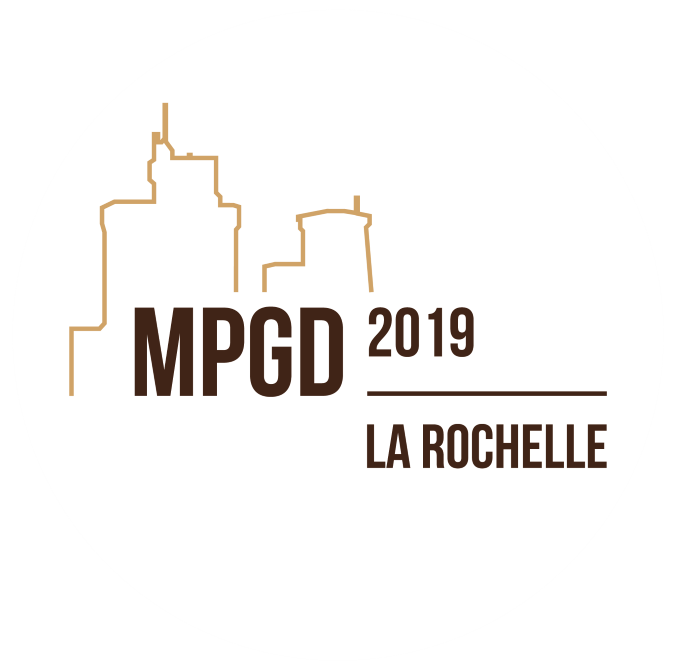Speaker
Description
Digital and Semi-Digital Hadronic Calorimeters (S-DHCAL) were suggested for future Colliders as part of the particle-flow concept. Though studied mostly with RPCs, MPGD-based sampling elements could significantly improve the calorimeter performance thanks to their proportional response.
In 2018, several large-area resistive Micromegas and Resistive Plate WELL (RPWELL) of 48x48$~$cm$^{2}$ were tested at CERN. The performance of the first produced detectors were studied with high energy particles delivered by the SPS machine. Then, all detectors were grouped with steel absorber plates into a small MPGD-based SDHCAL prototype which recorded hadronic showers of low-energy pions from the PS.
The response of the individual sampling elements and of the calorimeter will be reported. For the former, emphasis will be put on MIP efficiency and hit multiplicity, spatial uniformity, HV stability, and rate effects. The calorimeter response is derived from data samples recorded at different pion momenta, from 2 to 6 GeV/c. To minimise leakage at the rear of the calorimeter, pions showering in the first layers were selected. This way, the energy resolution of the prototype could be assessed as well. Results will be shown and when possible, compared to simulated ones.




